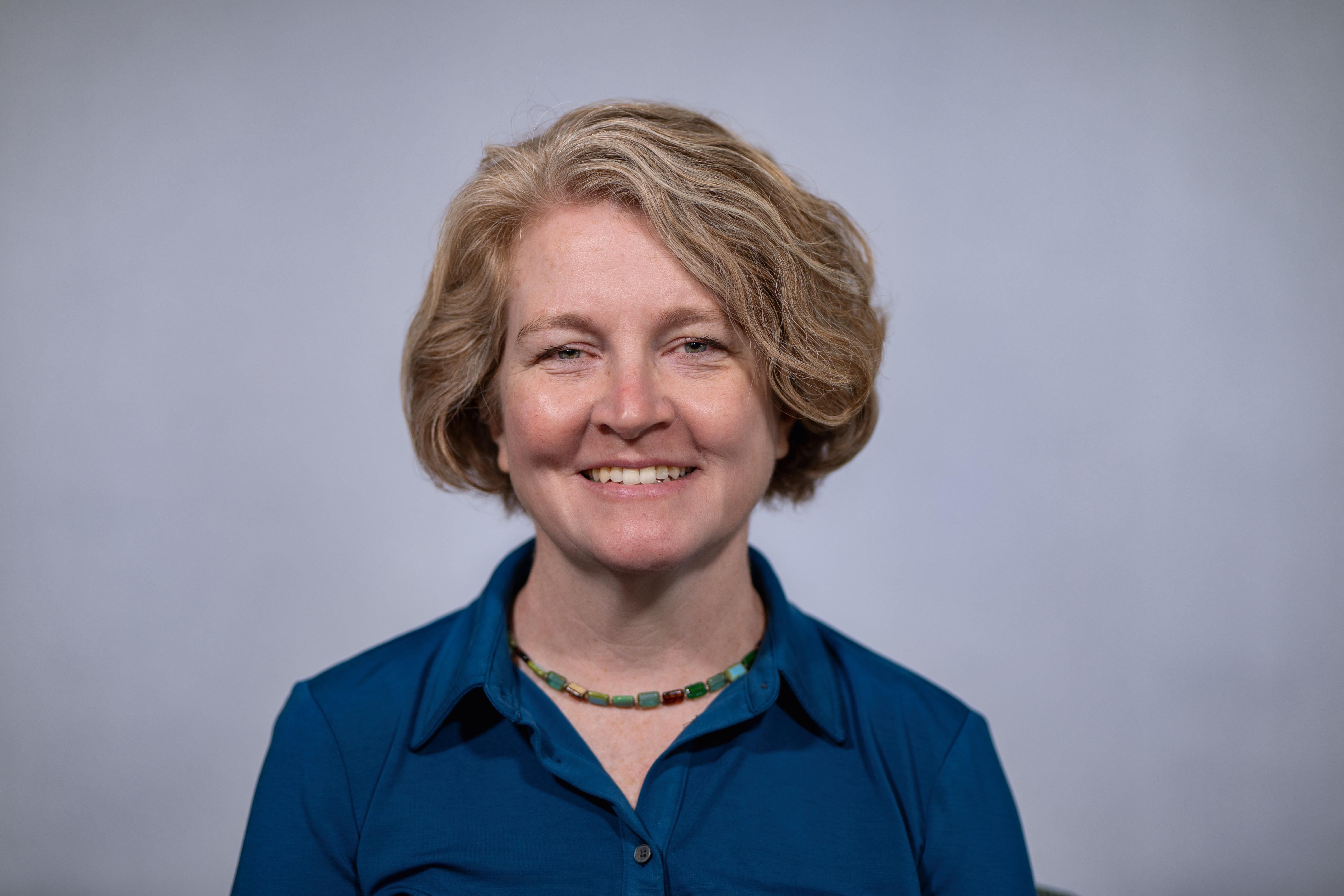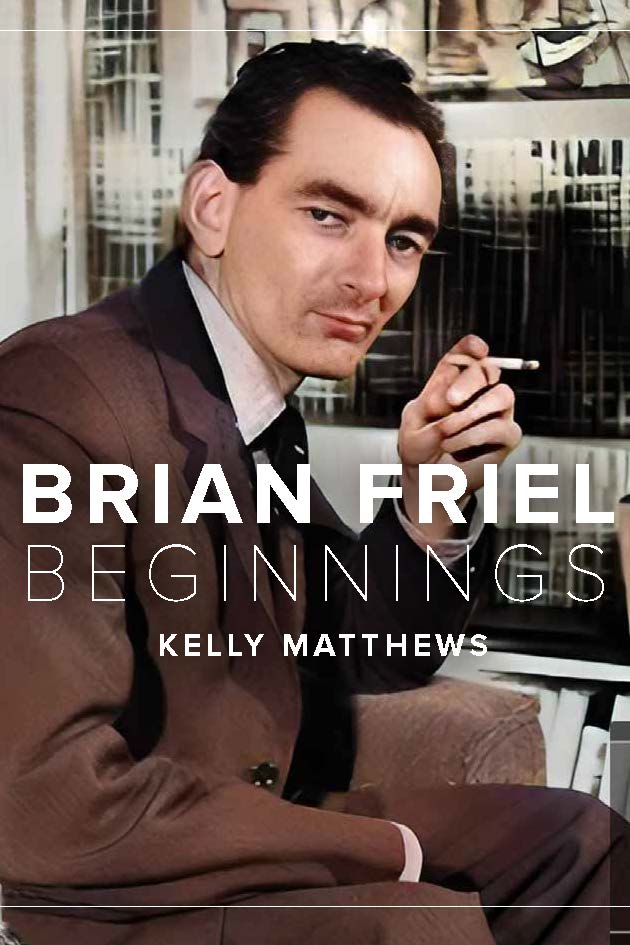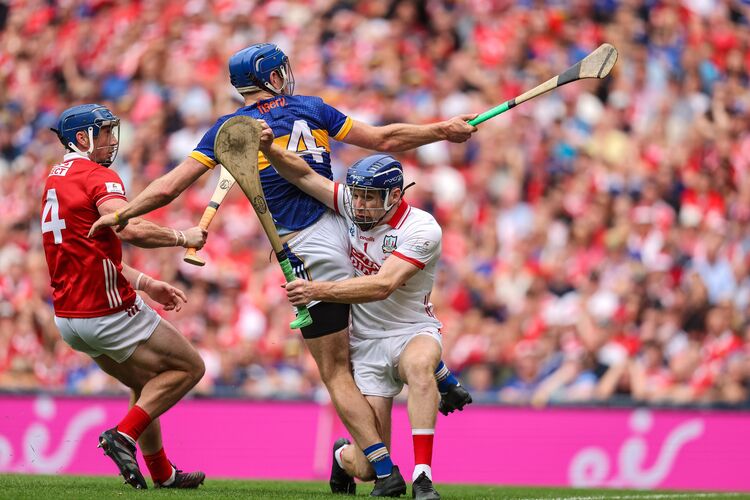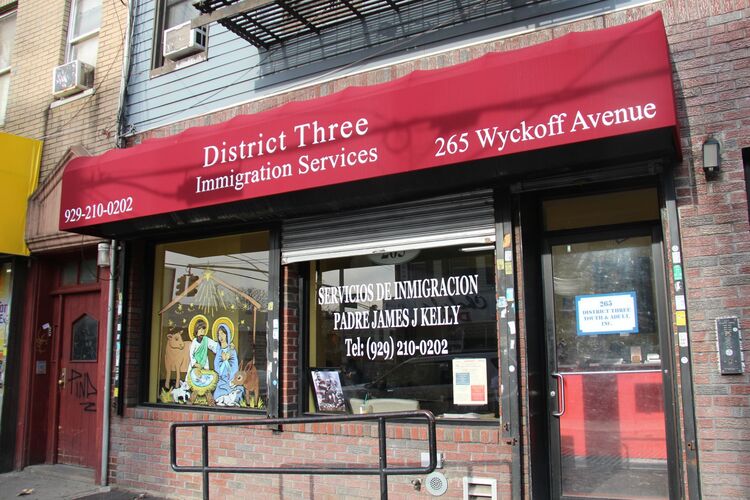“Equally horrified” was the combined response from Brian Friel’s agent in New York and his editor at the New Yorker magazine to his news that he’d quit his day job to concentrate on writing.
Ronald Mason, his radio producer and mentor at the BBC in Belfast, was more supportive of that leap of faith in a letter to Friel, who was 31 and married with two small children, when he retired as a teacher at the end of 1960.
“I think you are extremely wise to give up teaching, and in my opinion you certainly have the ability to carve a much more interesting career for yourself outside of it,” said the BBC producer, who had himself left the same profession to pursue a career in the arts.
Kelly Matthews, who began her own teaching career in Boston Public Schools, told the Echo, “My book ‘Brian Friel: Beginnings’ tells the story of Brian Friel’s first decade as a writer. I began working on it after I came across Friel’s letters to his BBC radio producer while I was researching Irish radio drama of the mid-20th century.”
The professor of English and Education at Framingham State University in Massachusetts continued, “Later, I travelled to the New Yorker archives and found a similarly rich trove of letters between Friel and the magazine’s fiction editor, Roger Angell, who went on to become a well-known author in his own right. One of the highlights of researching my book was interviewing Angell in his Manhattan apartment in 2018, when he was 98 years old. He was a very sharp-minded man and very generous in sharing his memories of Friel with me.”
In the prologue of “Brian Friel: Beginnings,” Matthews writes, “The young Brian Friel that emerges from his letters to these early mentors is different from the reclusive, tight-lipped, even stubborn writer the world would come to know, or to think we knew. He is funny, self-deprecating, open to endless revisions, eager to please, hungry for honest criticism and encouragement.”

Kelly Matthews is the author of “Brian Friel: Beginnings.” [Photo by Mike Kelly]
Matthews, whose first book was a study of the Bell magazine, the July 1952 issue of which contained Friel’s first published short story, summarized her own background for us in a couple of lines: “I am sixth-generation Irish American. My great-grandfather, Francis Patrick Matthews, was U.S. ambassador to Ireland under President Harry Truman. I was born in Omaha, grew up in Milwaukee, Wis., went to Harvard, and then went to graduate school in Ireland and Northern Ireland.”
The literary critic and commentator Fintan O’Toole has said of her latest book: “Brian Friel is one of the great playwrights of the last 50 years but his genius did not come fully formed. Kelly Matthews wonderfully illuminates the early history of the development of Friel’s literary and theatrical imagination and his efforts to make his mark as a writer through his interactions with the BBC, the Irish Times, the New Yorker, the professional theatre. Superbly researched and engagingly written, this is an essential work for anyone interested in the theatre, in the Ireland of the 1950s and early 1960s and in the difficult struggles that are so often the long prelude to fame.”
Kelly Matthews
Date of birth: June 22, 1970
Place of birth: Omaha, Neb.
Residence: Cambridge, Mass.
Published works: “Brian Friel: Beginnings” (Four Courts Press, 2024), “The Bell Magazine and the Representation of Irish Identity” (Four Courts Press, 2012), “The Country of the Young: Interpretations of Youth and Childhood in Irish Culture” (Four Courts Press, 2013).
What is your writing routine? Are there ideal conditions?
Ideally, I write best in the morning, before the daily routine of commuting to work, teaching, keeping up with emails and responding to requests from students and colleagues. I’m lucky to have a writing desk in my attic that is my own personal space. Whenever possible, I schedule my morning to be free of obligations for an hour or two so that I can walk up the attic stairs and write before the noise of the day begins.
What advice do you have for aspiring writers?
Persevere! I have an index card pinned to the wall above my desk to remind me that “Inspiration comes after writing, not before” – in other words, keeping a writing routine is more important than waiting for perfect conditions or ideas.
Name three books that are memorable in terms of your reading pleasure.
“The Green Road” by Anne Enright; “Foster” by Claire Keegan; “The Pull of the Stars” by Emma Donoghue.
What book are you currently reading?
I have just started reading “Wandering Stars” by Tommy Orange. It’s an intergenerational novel focused on Cheyenne and Arapaho survivors of the Sand Creek Massacre in 1864 and their descendants in the present day.
Is there a book you wish you had written?
So many! The first that comes to mind is “Transatlantic” by Colum McCann – his writing spans so many perspectives and time periods with such grace, it’s breathtaking.
What book changed your life?
The first book that changed my life was “The Grapes of Wrath” by John Steinbeck. I read it multiple times as a teenager because I was so engaged by the level of empathy that Steinbeck showed for each character despite their difficult circumstances. It’s a novel about migration and economic inequality, and it set my sights toward public service and teaching as I grew older.
What is your favorite spot in Ireland?
It’s hard to choose only one favorite spot, but I have fond memories of Glendalough, in Wicklow, because it was one of the first places I visited after arriving in Ireland as a graduate student. It’s a place that also inspired my great-grandfather, who named our family cabin in Minnesota after it. And of course it makes me think of Seamus Heaney’s beautiful poem, “St. Kevin and the Blackbird,” a testament to faith, commitment and perseverance.







